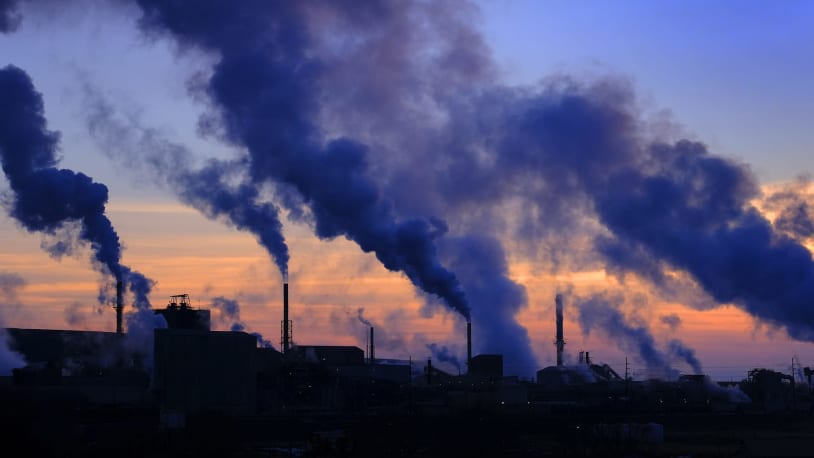
Study suggests world is warming faster than previously expected
New research using artificial intelligence has predicted that the world will hit its critical warming threshold far earlier than scientists originally predicted. The study, published in the journal Proceedings of the National Academy of Sciences, says “The central estimate for the 1.5 °C global warming threshold is between 2033 and 2035.”
The Paris Climate Agreement from 2015 was a pledge made by countries to limit global warming to below 2 degrees Celcius, but preferably below 1.5 degrees Celcius from pre-industrial levels, a threshold that scientists deemed to be the limit before the world experiences dire consequences. The Earth has already warmed 1.1 or 1.2 degrees since pre-industrial times, reports The Associated Press.
“The AI is able to learn the most reliable indicators of how long is left until a given global warming level is reached in a large number of sometimes contradictory climate model predictions,” said Noah Diffenbaugh, a study co-author. He adds that the world will likely hit the 1.5-degree mark in “any realistic emissions reduction scenario,” and that the focus should be shifted to keep warming below the 2-degree mark.
“There will come a time when we call the 1.5 °C target for maximum warming dead, beyond the shadow of a doubt,” said Brown University environment institute director Kim Cobb. “This paper may be the beginning of the end of the target.” Without intervention, the world will hit a 2-degree increase by 2050 and even with countries becoming net-zero, the world will still likely hit 2 degrees by 2065, CNN writes.
However, some scientists, like the University of Pennsylvania’s Michael Mann believe that all hope isn’t lost yet. “In the end, it’s easy to overinterpret the significance of a precise threshold like 1.5 °C warming. The challenge is to limit warming as much as possible.”
New research using artificial intelligence has predicted that the world will hit its critical warming threshold far earlier than scientists originally predicted. The study, published in the journal Proceedings of the National Academy of Sciences, says “The central estimate for the 1.5 °C global warming threshold is between 2033 and 2035.” The Paris Climate Agreement from…
New research using artificial intelligence has predicted that the world will hit its critical warming threshold far earlier than scientists originally predicted. The study, published in the journal Proceedings of the National Academy of Sciences, says “The central estimate for the 1.5 °C global warming threshold is between 2033 and 2035.” The Paris Climate Agreement from…